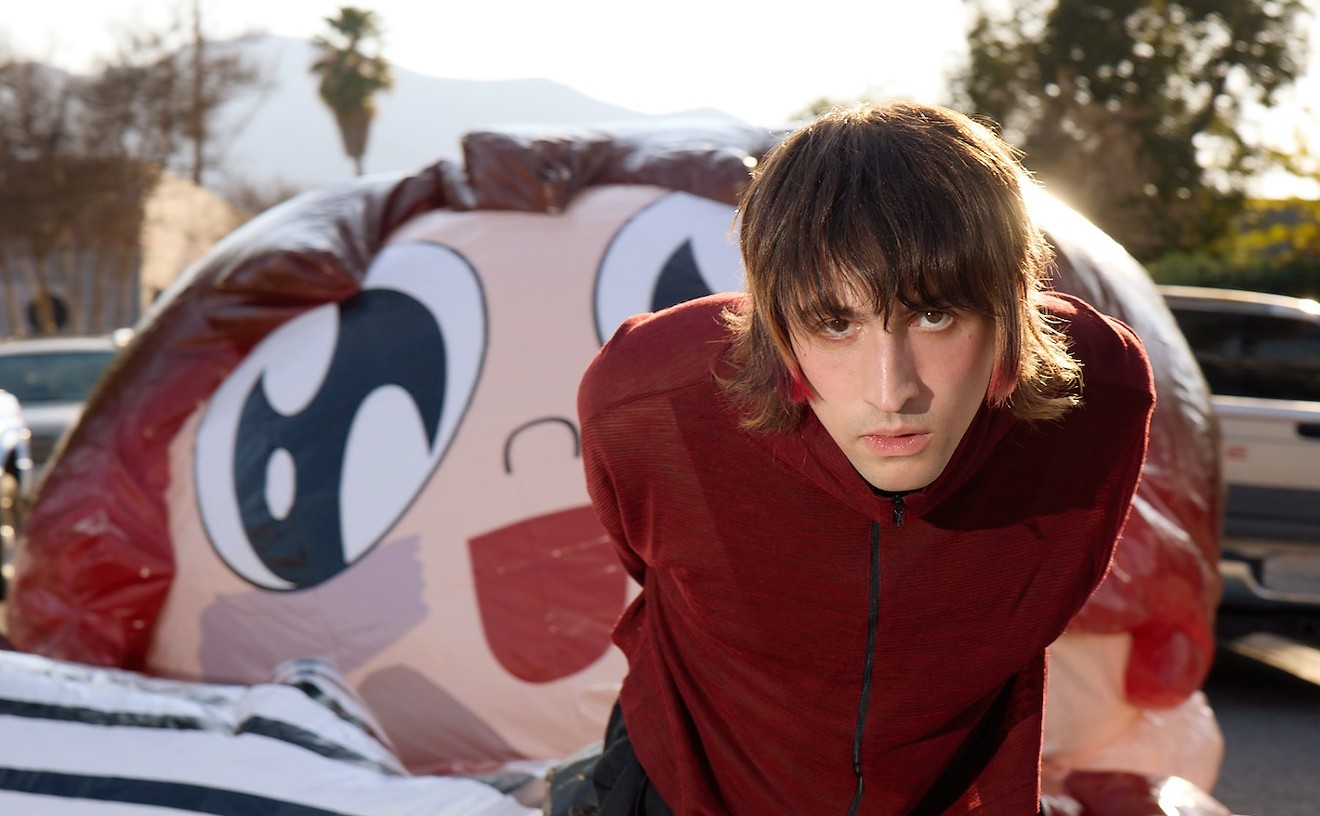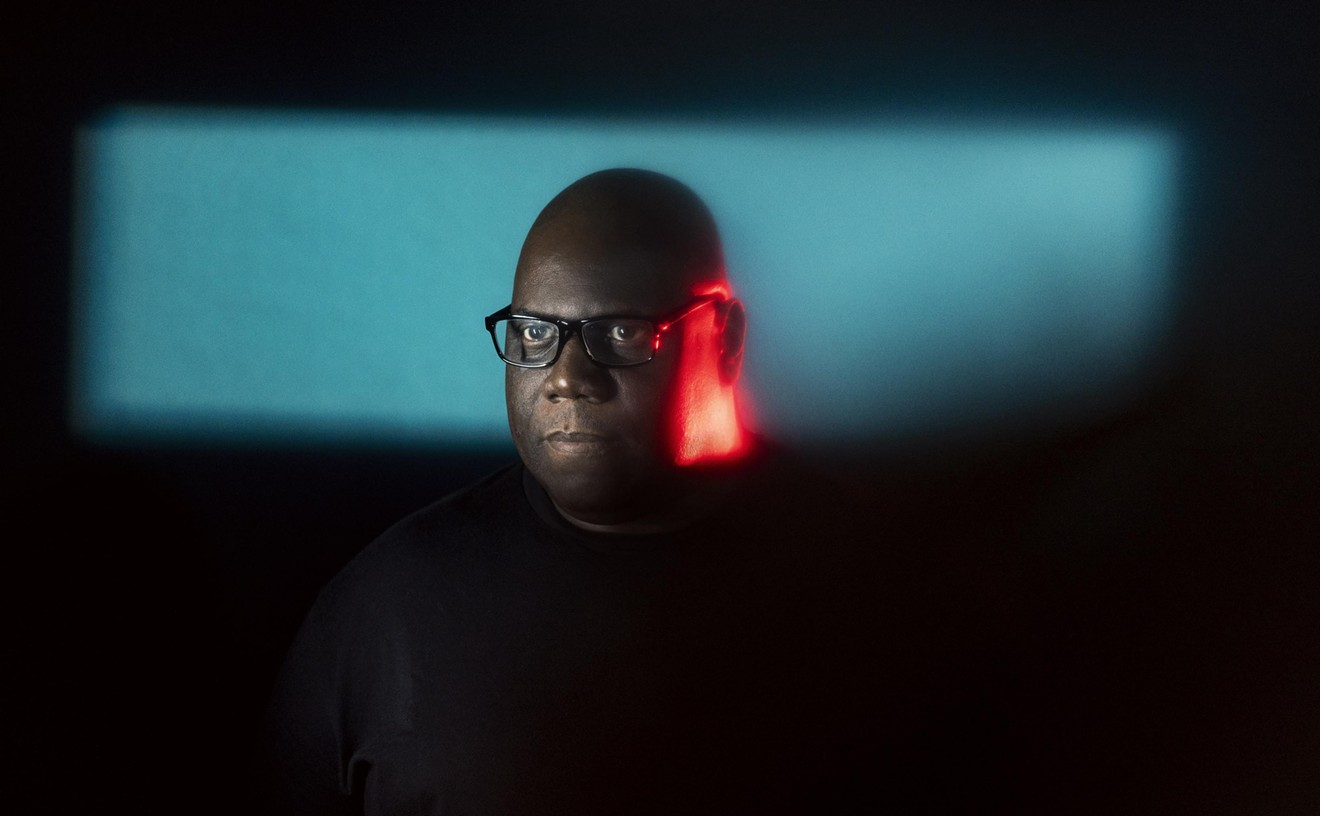At home in the Bronx, the legendary pianist, bandleader, and composer Eddie Palmieri rewinds to childhood. He was born in 1936 on East 112th Street in New York City, where Spanish Harlem, or El Barrio, meets Central Harlem. Palmieri reminisces about playing stickball with his pals to the soundtrack of Machito and Tito Puente blaring from bodegas. His Puerto Rican family moved to the Bronx when he was 6. His older brother, the genius self-taught pianist Charlie Palmieri, began his professional career at the tender age of 14. Eddie followed close behind.
At first, Eddie wanted to play drums in Charlie’s group. He began on the timbales with his uncle Chino and his band Alma Tropical. Eddie's early desire to play drums has always remained with him. “The drum is the pulse of my life,” Palmieri says. But his mother wasn’t having any of it. She insisted he followed in his brother’s footsteps in learning the ivories. “I was studying piano at 11 years old with Margaret Bonds,” Palmieri remembers fondly. Bonds was an esteemed pianist who was among the first black composers to gain recognition in the world of classical music. “I would take the train from the Bronx to Manhattan, to Carnegie Hall — she had her lessons on the top floor," Palmieri says. "She was my greatest teacher."
At the same time, New York was experiencing a golden era of Latin jazz, and Palmieri was ready to become one of its rising stars. At the epicenter of this emerging, vibrant scene was the Palladium Ballroom, a second-floor dancehall above a drug store on the corner of 53rd Street and Broadway. “The Palladium was the greatest dancing ballroom in the world,” Palmieri says. “I went to the Palladium when I was 15 years old with Charlie. He was with the Tito Puente Orchestra in the 1950s.” The Palladium was the place to be from 1948 to 1966. “I came with my own bands at the beginning of 1963, and I spent three years with them at the Palladium, and closed it. Wherever I played, I closed it! They know me as 'the Closer,'" he laughs.
It was nothing but the best, Palmieri recalls. “A thousand people dancing to the greats — Machito, Tito Rodriguez, and Tito Puente — four nights a week: Wednesdays, Fridays, Saturdays, and Sundays. It was amazing. Everybody wanted to be there, from Marlon Brando to Ava Gardner.” It was at the Palladium where he also first caught the eye of his wife and muse, Iraida Palmieri. “I saw her at the Palladium when I was 15. We married in 1956; we were together for 62 years,” he says warmly. “She was two months older then me. I would tell the audiences she was my cougar.” Iraida succumbed to a second bout of cancer four years ago. As she was slipping away, he wrote the song “Life” for his 2017 release Sabiduría/Wisdom. It's a beautiful song filled with great sorrow. “I didn't know that my son had her on the phone when I was recording it,” he says. “When I finished playing, I broke down. She was listening to it on her deathbed, but she heard it.” His son Edward Palmieri Jr. assembled the musicians for the recording, including longtime friend and violinist Alfredo de la Fé of the legendary Fania All-Stars. You can hear this fiery Cuban player tear it up on “Cuerdas y Tumbao,” the opening track on this innovative album.
There is no doubt the ten-time-Grammy-winning, National Endowment for the Arts jazz master is one of the most important figures in Latin jazz, but he has no plans to stop. Palmieri is busier than ever. Next month, Uprising Music will release his interactive app and album of greatest hits, Full Circle. This October will see the release of Mi Luz Mayor ("My Great Light"), dedicated to Iraida. It will include tracks by Carlos Santana on guitar and the voice of Gilberto Santa Rosa. Palmieri is also the dean of Latin jazz at Rutgers University, where he is working with the orchestra to transform his Afro-Caribbean rhythms into symphonic form. The work will culminate in a performance at Carnegie Hall. He also plans to release a followup to his 1971 Latin-funk album, Harlem River Drive, which addressed injustices Puerto Ricans faced in New York. Featuring both Palmieri brothers, the original version is a musical protest against the social injustices their community faced. “The lyrics represent the past, present, and future — and it’s going to be a monster,” he says.
Things didn’t always go smoothly for Palmieri. In 1961, his ensemble La Perfecta was playing regular gigs at the Palladium. In 1962, they released the album El Molestoso (The Bothersome One), a title referencing Palmieri’s willingness to butt heads with anyone who stood in the way of his realizing his creative vision. Three years later, they released Mambo con Conga Es Mozambique. That album saw great opposition from Cuban exiles, especially in Miami. Palmieri had revived a Cuban rhythm called Mozambique to create an innovative Latin-jazz sound. “I paid dearly for that,” he says. The dance rhythm just happened to share its name with a Soviet-friendly African country, and Palmieri was accused of being a Communist and was even referred to as the composer of the “Communist salsa.” The album received almost no airplay. “They threatened the radio networks that were playing my music, that they are going to blow up the station. That is what the FBI and the CIA told my record company,” he recalls.
Palmieri will bring his Latin Jazz Sextet to the historic Olympia Theater June 2 for a rare performance, part of a handful of dates for his 80th-birthday tour. Joining him onstage will be a who’s who of Latin jazz today, including Camilo Molina on timbales, percussionist Vicente “Little Johnny” Rivero, Jonathan Powell on trumpet, Gerry Madera on bass, and saxophonist Louis Fouché, who also performs with The Late Show With Stephen Colbert’s house band, Jon Batiste & Stay Human. This concert, a must-see for anyone who loves Latin jazz, is a rare chance to witness one of the genre's greatest exponents. Palmieri himself puts it best: “They are going to see it, they are going to hear it, and they are not going to believe it.”
Eddie Palmieri. 8 p.m. Saturday, June 2, at the Olympia Theater, 174 E. Flagler St., Miami; 305-374-2444; olympiatheater.org. Tickets cost $37 to $57 via olympiatheater.org.
[
{
"name": "Air - MediumRectangle - Inline Content - Mobile Display Size",
"component": "19274298",
"insertPoint": "2",
"requiredCountToDisplay": "2"
},{
"name": "Editor Picks",
"component": "17482312",
"insertPoint": "4",
"requiredCountToDisplay": "1"
},{
"name": "Inline Links",
"component": "18711090",
"insertPoint": "8th",
"startingPoint": 8,
"requiredCountToDisplay": "7",
"maxInsertions": 25
},{
"name": "Air - MediumRectangle - Combo - Inline Content",
"component": "17482310",
"insertPoint": "8th",
"startingPoint": 8,
"requiredCountToDisplay": "7",
"maxInsertions": 25
},{
"name": "Inline Links",
"component": "18711090",
"insertPoint": "8th",
"startingPoint": 12,
"requiredCountToDisplay": "11",
"maxInsertions": 25
},{
"name": "Air - Leaderboard Tower - Combo - Inline Content",
"component": "17482313",
"insertPoint": "8th",
"startingPoint": 12,
"requiredCountToDisplay": "11",
"maxInsertions": 25
}
]











